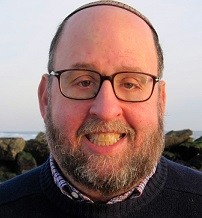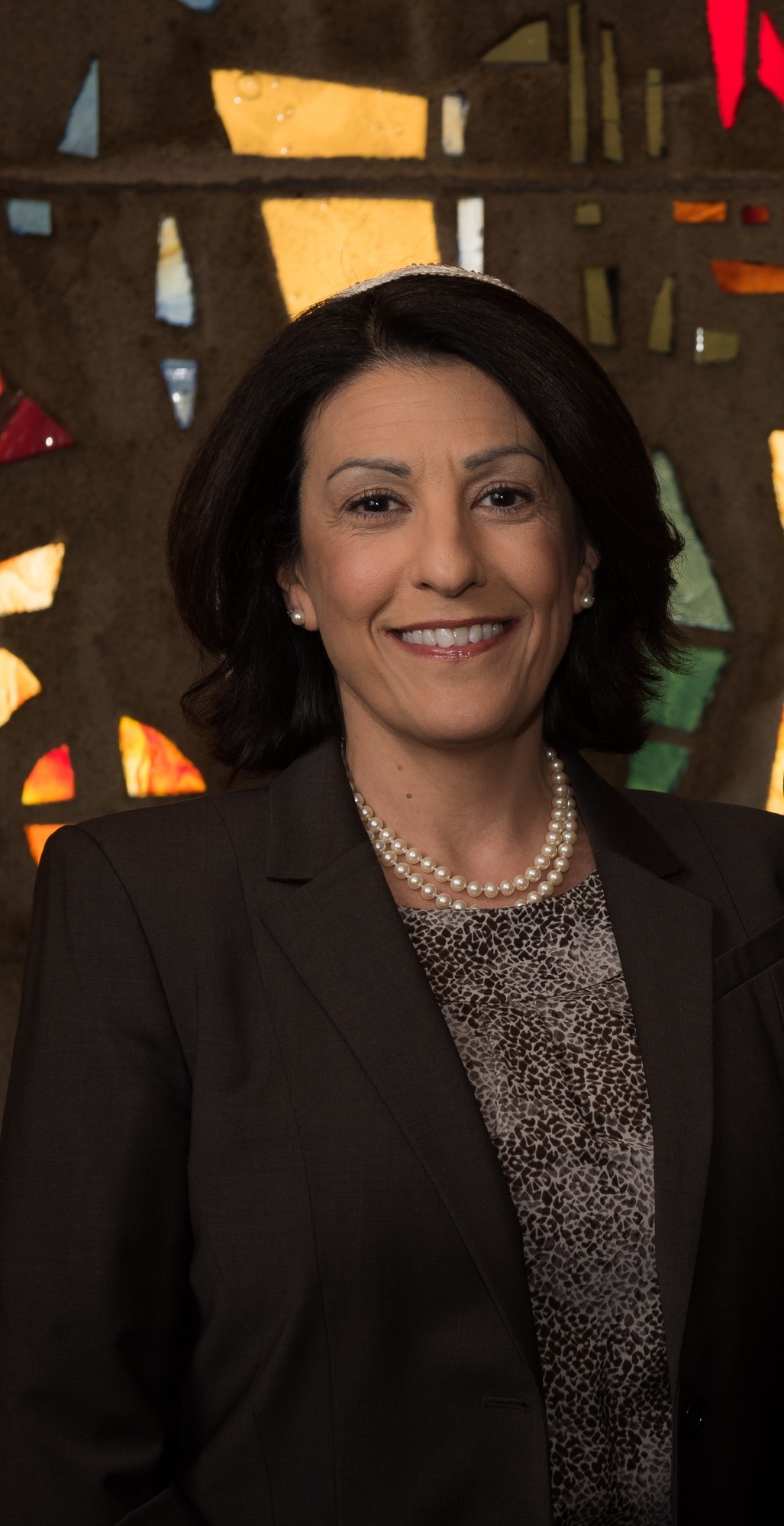Passover messages from Lynbrook, East Rockaway rabbis
Passover reminds us we were refugees
Gathering with family and friends for our Passover Seders is rooted in the verse from Exodus that reads “And you shall explain to your son on that day, 'It is because of what God did for me when I went free from Egypt.' (Exodus 13:8) The Talmudic exhortation that “in every generation a person is obligated to regard himself as if he personally had gone forth from Egypt” (Pesachim 116b) helps us understand both our own history and, perhaps, a bit of what modern refugees experience today.
Many of us are blessed to live in a place and at a time of great freedom and religious liberty, so feeling a connection with the experiences of our ancestors may be a bit difficult. On the other hand, if we ourselves are immigrants or first generation Americans, we may remember personally, or through first-hand accounts told to us by parents and grandparents, stories of our homeland in Europe, Russia or Latin America. Old photographs help us trace our family roots and assist us in remembering the immigrant generations who struggled to leave their homeland in search of freedom and opportunity, for themselves and those who came after them.
We may have to struggle a bit harder during our Seders to view ourselves as if we had actually left Egypt (Mitzrayim). As a result, we might need to contemplate our own personal “exodus” more metaphorically. Instead of understanding our obligation at the Seder as just one of reliving the experience of the flight from Egypt (mimitzrayim), by substituting the word metzarim, meaning straits or confinements, we can incorporate an important metaphor into our Seder Experience. Our modern Exodus is not so much about leaving Egypt, but focuses on our ability to leave behind our personal confinements or distress. In this way, our Seder becomes a vehicle to understand that we all have our own personal “Egypt” that keeps us from being the people we know we can and want to be.
Moving beyond our own history and personal struggles and taking a more universal approach to the message of Passover, our obligation widens as we try to identify with the slavery and oppression that exists in the world today, and work toward overcoming it. Modern refugees exist because they are forced to flee their homeland as well. Today people become refugees when they are persecuted because of their race, religion, nationality, sexual orientation or political opinion. Persecution can take many forms, including harassment, threats, abduction, or torture. Our observance of Passover should help us empathize with the refugees of today and make us see that we must be a part of helping them feel safe and welcome.
May this Passover be a zeesan Pesach (sweet Passover), a Peach sameach (joyous Passover) and a true z’man cheirutainu (time of our freedom) for all of us.
B’shalom,
Rabbi Sandra M. Bellush
Temple Am Echad, Lynbrook, NY
. . .
A Passover message
A few months ago, I organized and led a large delegation of rabbis and congregants from eight local synagogues to join together at a solidarity meeting with the Moslem community at a mosque in Valley Stream. We went to offer our support and solidarity to our neighbors in the wake of the growing anti-Islamic sentiment in our country.
Speaking for the group, I told leaders of the Moslem community leadership who received us warmly, and reiterated to worshipers at their Friday services: “Jews came to America as immigrants and refugees. We have experienced hatred and persecution for who we are and what we believe so we feel an obligation to stand up against hatred and intolerance when it is directed at us or anyone else.”
Though some have questioned the need to take such a stand, I strongly believe that Jewish history, and Jewish values require it.
In 1939, when Jews were fleeing for our lives from Nazi Germany, two-thirds of Americans polled by Gallup in January — well after the events of Kristallnacht — said that our country should not take in 10,000 German Jewish refugee children. As the US holocaust museum has documented: ”Out of fear that the Nazis could smuggle spies and saboteurs in with refugees, immigration officials tightened visa policies for immigrants and non-immigrants. The State Department urged its diplomatic consuls in Europe to screen potential immigrants carefully, including those fleeing persecution, for fear they could be pressured into working as agents for the enemy.”
As a result, many desperate Jews were denied visas or turned away and sent back to their deaths.
As Passover approaches, it is important for us all to remember that the most frequently repeated injunction in the Torah is God’s commandment: “Do not wrong or oppress the strangers because your were strangers in the land of Egypt.”
In the midst of the greatest refugee crisis the world has seen since the Second World War, the Torah’s message is clear: The Egyptians oppressed us and murdered our children. We must do what we can for others who face similar fates. It is our duty as Jews, as Americans and as human beings.
Rabbi Andrew Warmflash
Hewlett-East Rockaway Jewish Centre









